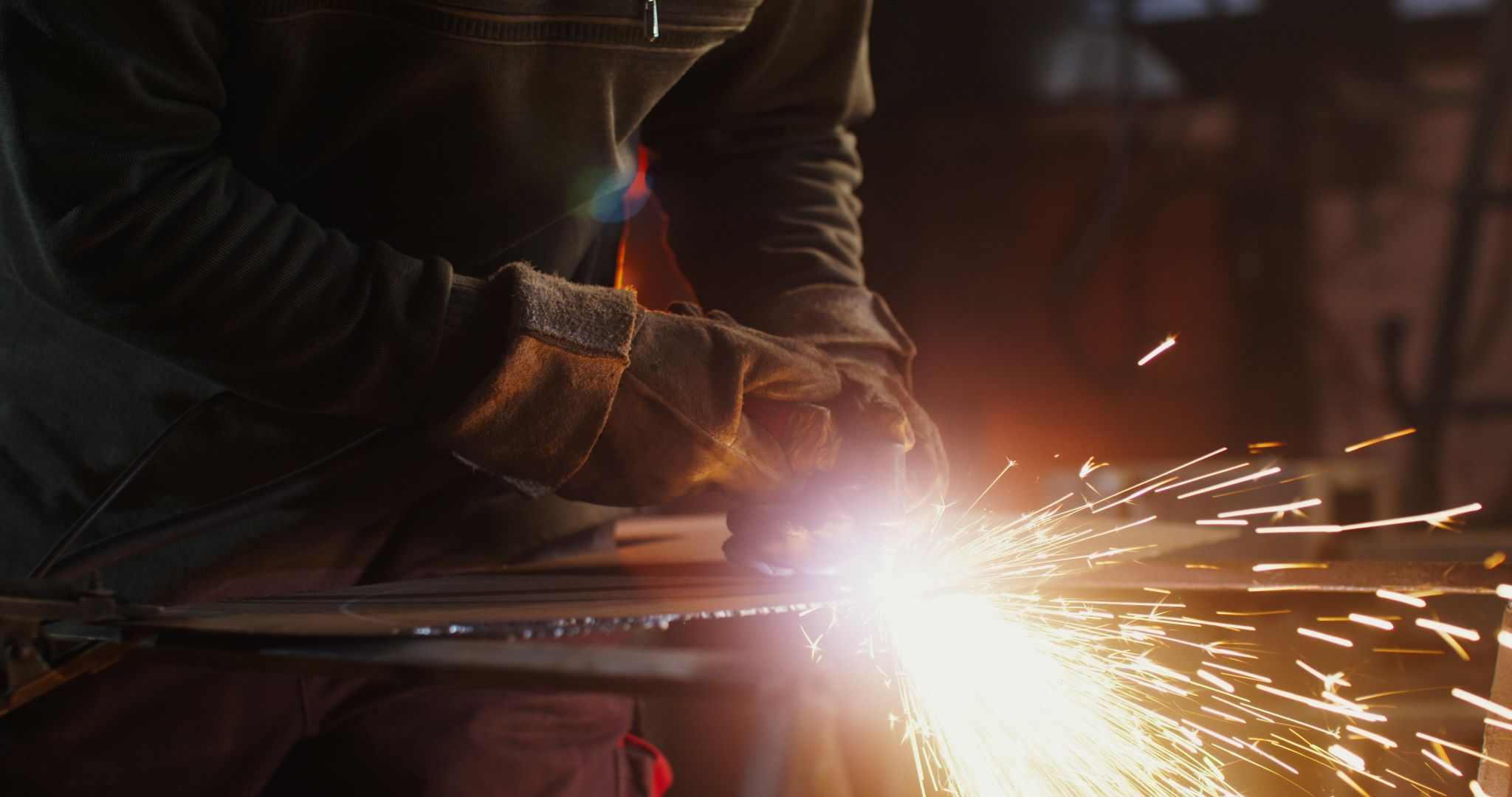Understanding the Signs of Unhealthy Hooves: A Comprehensive Guide
Understanding the health of your horse's hooves is crucial for maintaining their overall well-being. Healthy hooves are essential for mobility, comfort, and performance. Recognizing the signs of unhealthy hooves early can prevent serious issues later on.
Common Signs of Unhealthy Hooves
Hoof health can deteriorate due to various reasons, including poor nutrition, inadequate care, or underlying health conditions. Observing certain signs can help in identifying unhealthy hooves:
- Cracks and Splits: Visible lines and fractures on the hoof wall.
- Overgrown Hooves: When hooves are not trimmed regularly, they can grow excessively.
- Sensitivity: The horse may show discomfort or pain when walking on hard surfaces.

The Importance of Regular Trimming
Regular trimming is essential for maintaining hoof health. Overgrown hooves can lead to uneven weight distribution and cause stress on the legs and joints. A professional farrier can ensure that hooves are trimmed correctly and maintain their natural shape.
Trimming should be done every six to eight weeks, depending on the horse's activity level and hoof growth rate. Keeping a consistent schedule helps in preventing many common hoof issues.

Understanding Hoof Infections
Infections such as thrush and white line disease can severely impact a horse's hoof health. Thrush is a bacterial infection that affects the frog of the hoof, often resulting in a foul odor and black discharge. White line disease occurs when bacteria invade the hoof wall's inner layers.
Early detection and treatment are crucial. Regular cleaning and inspection can prevent these infections from taking hold. If you notice any unusual signs, consulting a veterinarian is advisable.

Nutrition and Hoof Health
Proper nutrition plays a significant role in maintaining healthy hooves. A balanced diet rich in essential nutrients like biotin, zinc, and omega-3 fatty acids can strengthen hooves. Supplements may be necessary if your horse's diet lacks these nutrients.
Consulting with an equine nutritionist can help in creating a diet plan tailored to your horse's specific needs. It is essential to ensure that your horse receives the right combination of nutrients for optimal hoof health.
Conclusion
Maintaining healthy hooves requires a combination of regular care, proper nutrition, and vigilance for signs of disease or injury. By understanding the signs of unhealthy hooves, you can take proactive steps to address issues early and ensure your horse remains comfortable and healthy.
Remember, prevention is better than cure. Regular check-ups with a farrier and veterinarian will help in keeping your horse's hooves in the best possible condition.